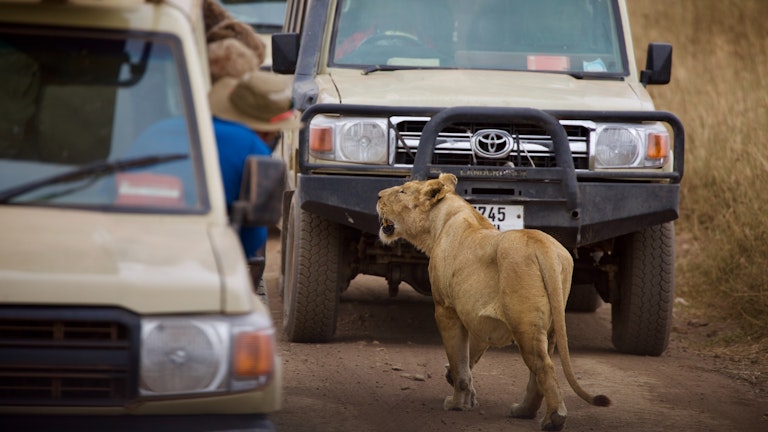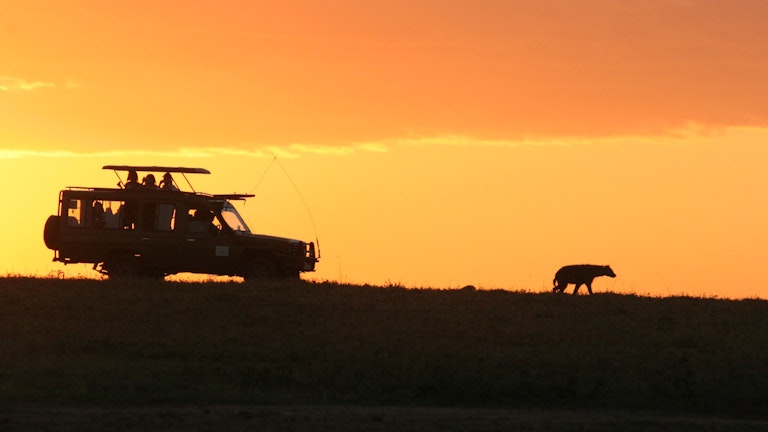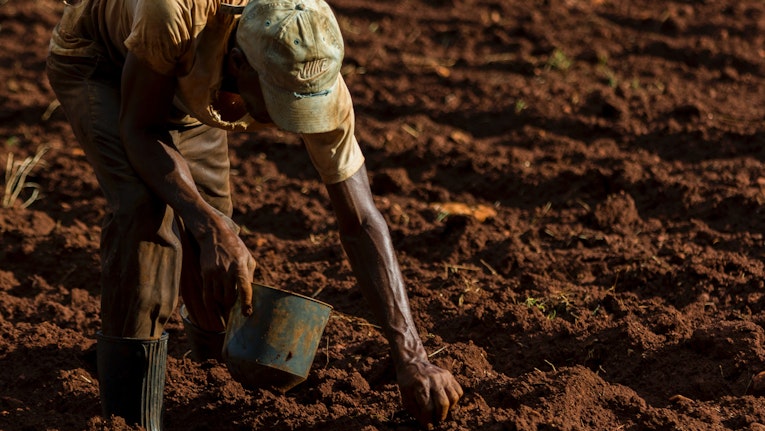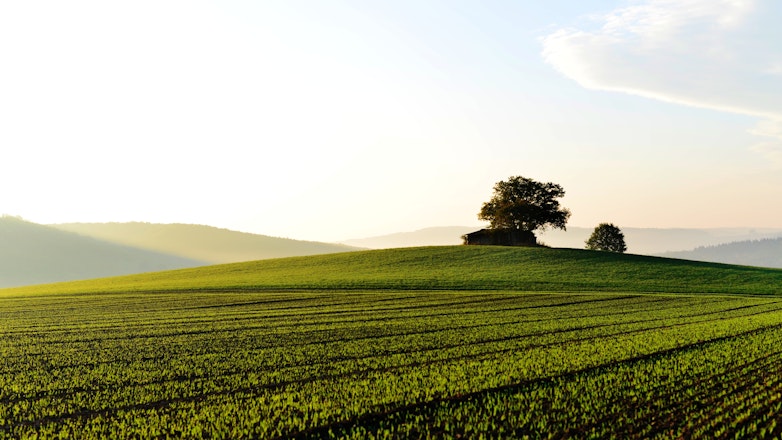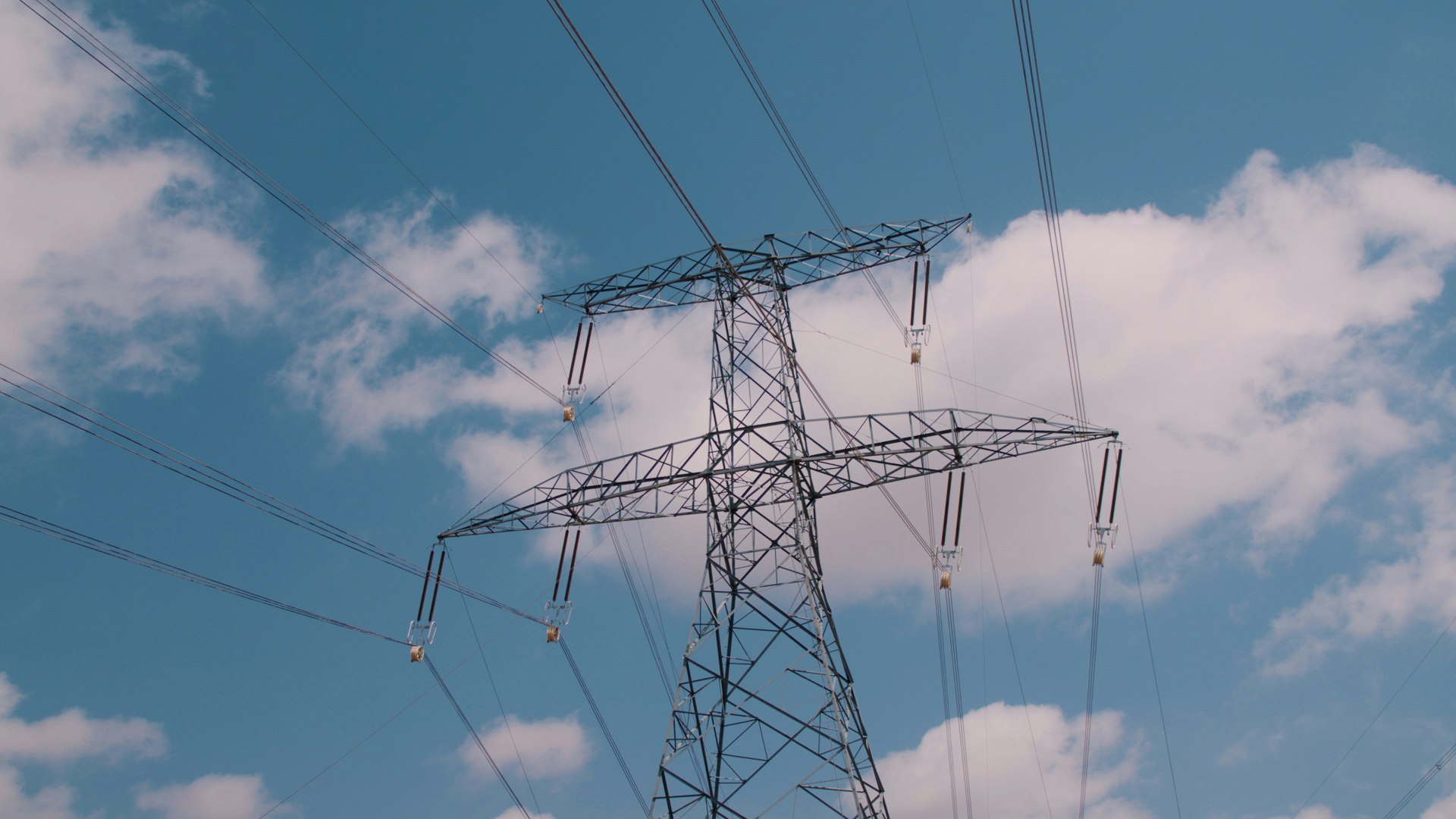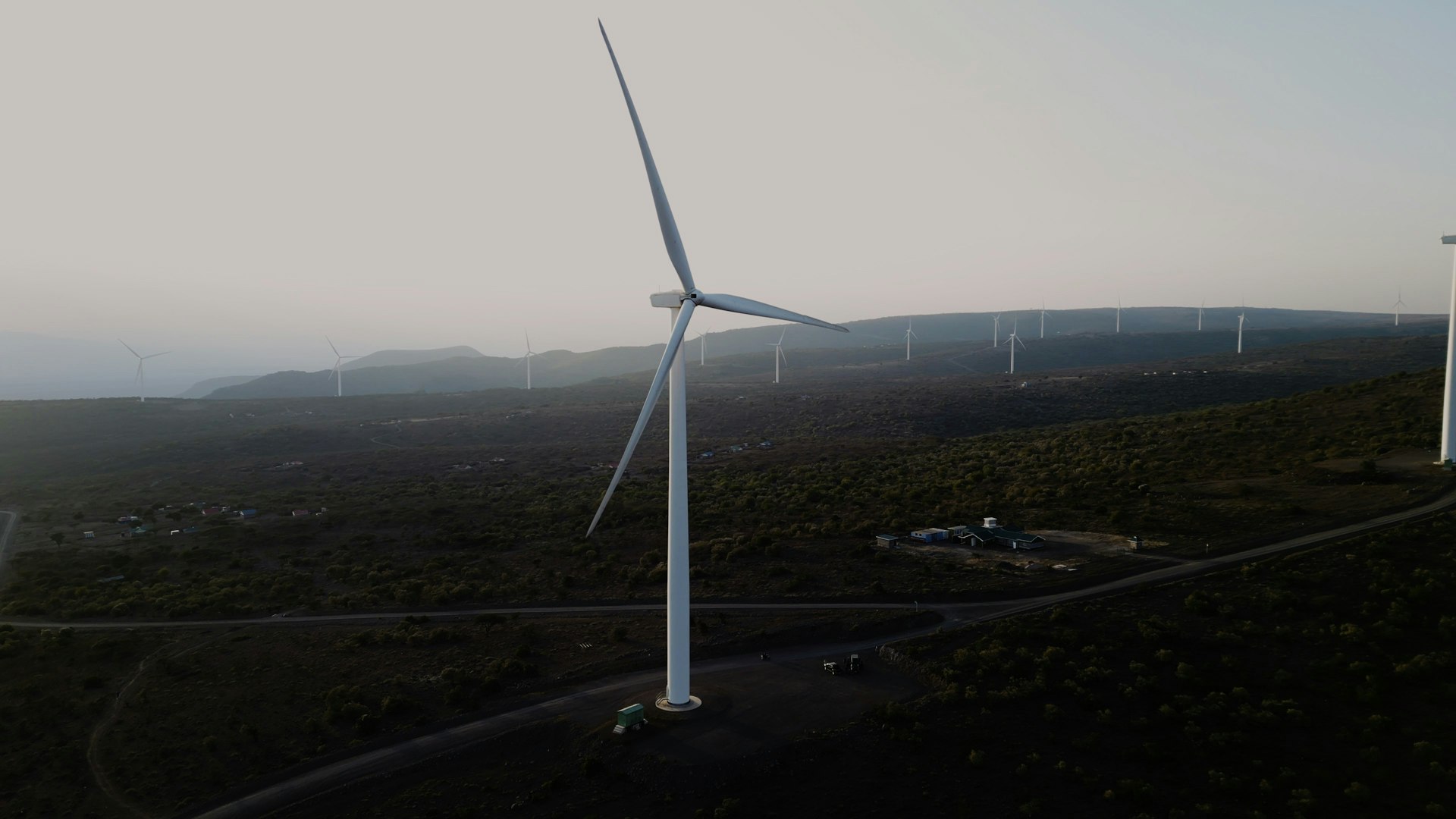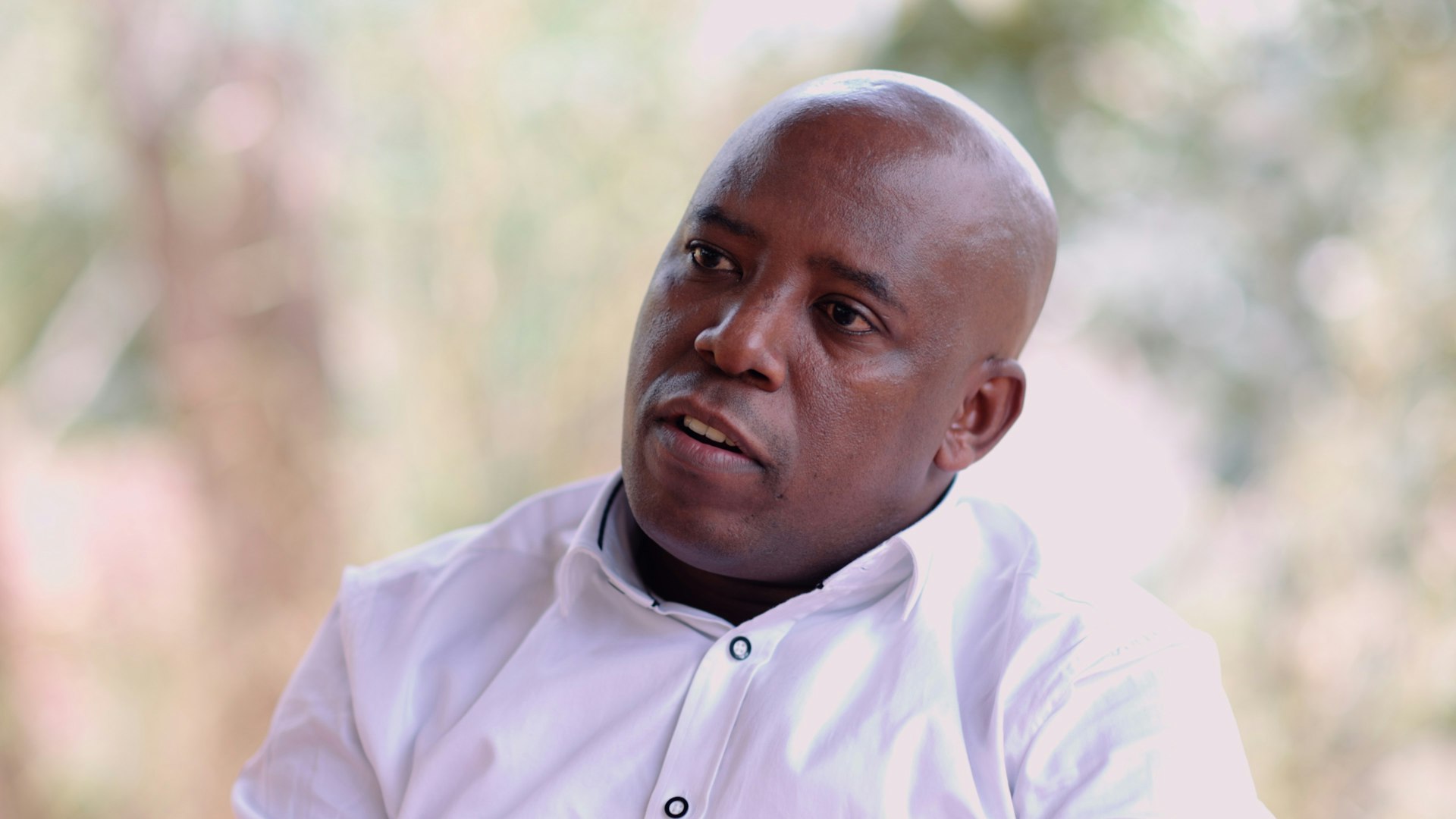Ghana is Africa’s latest overfishing battleground, where illegal foreign fleets clash with small local boats, affecting local livelihoods, food stocks, and potentially costing the nation over $200 million every year.
The battle for Africa’s fragile fishing industry took an unexpected turn in June 2021 when the EU issued an unprecedented warning (or ‘yellow card’) to Ghana, identifying them as a non-cooperating country.
This tells only half the tale. At first glance, the fleets operating in Ghana can be seen to be flouting international laws on illegal, unreported and unregulated (IUU) fishing. But the reality is more complex, corrupt and endemic of a wider problem affecting Africa as a whole.
‘Saiko’ began as an informal trading system where unwanted fish caught by industrial vessels were exchanged at sea for goods brought by canoes. In less than a decade, it has since evolved into a highly organized, illegal and lucrative industry where industrial trawlers – licensed only to fish for demersal (bottom-dwelling) species – target fish specifically for the saiko trade.
This includes small pelagic fish, including sardinella and mackerel, which are in high demand for local consumption and have been fished to the brink of collapse. The frozen blocks of saiko fish are then sold to local people.
While Ghana’s fishing industry attempts to establish ways of monitoring and policing their new fishing frontier, they are under-resourced and outgunned by a criminal enterprise that will do anything to remain undetected and relentlessly productive. IUU and overfishing are exacerbated by corruption and a lack of enforcement and regulation, leading to an annual loss of revenue for the region of $1.3 billion.
Locals call for protection and sanctions, but determining the true beneficiaries of the profits from illegal trawling makes these ineffective at best.
The destruction of Ghana’s artisanal fishing sector has far reaching consequences. Around 200 coastal villages in Ghana, and over 10% of the population, depend on marine fisheries for their income. The wider economy is losing millions of dollars each year, as fish markets can’t access their usual stock, driving down quality and prices.
With illegal fishing showing no signs of slowing down, mass migration, higher food prices and social upheaval along the coast look set to increase.
There is hope on the horizon for West Africa’s fragile fishing industries. Nations like Ghana and Senegal now have a mutually beneficial goal, and a common enemy. With the right support and sanctions, there may still be time to turn the tide.
